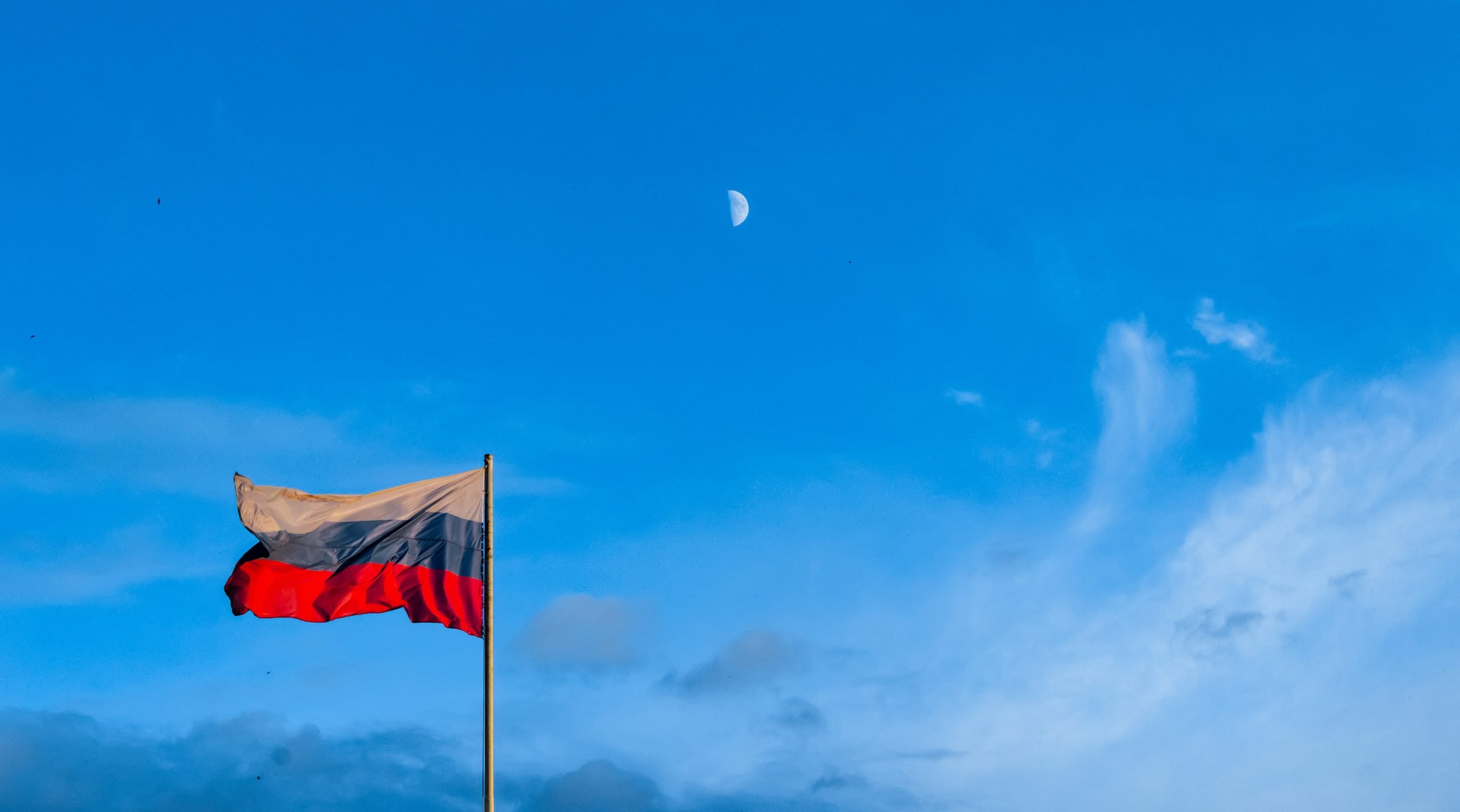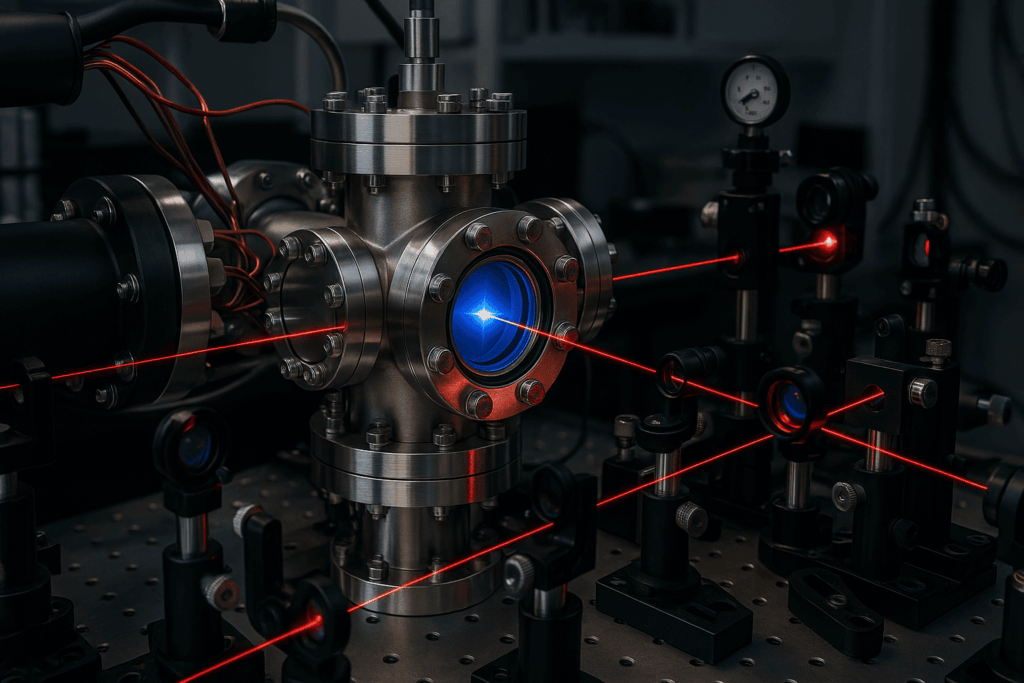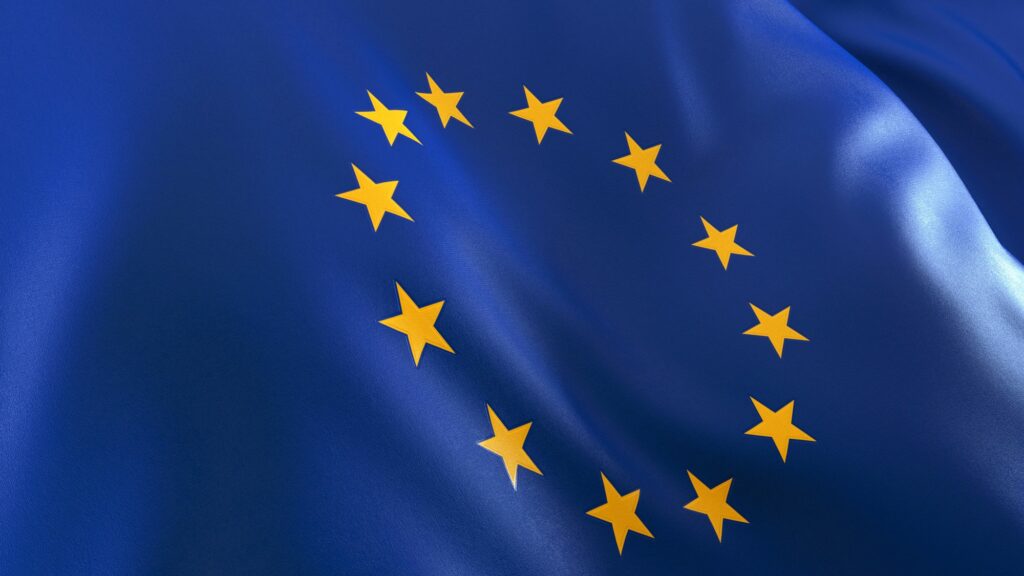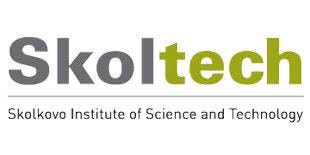
Editor’s Note: Jacob D. Biamonte is no longer affiliated with these projects. There is no indication that the projects are active.
Hot on The Heels
TQD recently published a post on entitled Is Russia’s Absence from the Quantum Computing Tech Space About to End? In the article, I discussed how Russia, a giant of technological innovation throughout the last century under the guise of the Soviet Union, the CIS and the Russian Federation, is also hot on the heels of the United States and China in quantum computing (QC) R&D.
This will be accomplished, in part, by the universities and research institutions currently working on the technology. Places like the National University of Science and Technology (MISIS), under the umbrella of the Russian Foundation for Advanced Research Projects, is working hard to make inroads to what the Americans and Chinese are already doing.
Another one is Skoltech, formally known as the Skolkovo Institute of Science and Technology, an English-speaking private graduate research institute in Moscow, Russia. Founded in collaboration with MIT in 2011, its boon is the close relationship it has with business and industrial partners.

Deep Quantum Labs
Its quantum initiative called the Deep Quantum Labs Biamonte Group — Skolkovo Institute of Science and Technology, is led by quantum computer scientist, associate professor and head of the laboratory, Jacob D. Biamonte and his team of administrators, laboratory personnel and Ph.D. students.
The lab has four main areas or ‘interwoven initiatives’:
— QUANTUM ENHANCED SOFTWARE
— QUANTUM COMPLEXITY SCIENCE
— TENSOR NETWORKS
— HAMILTONIAN COMPLEXITY
Biamonte gained his Ph.D. in mathematical physics from the University of Oxford in 2010. Before all that, however, he was a quantum applications specialist at D-Wave Systems Inc, one of the world’s first QC startups.
The author of two books, Quantum Tensor Networks: a pathway to modern diagrammatic reasoning (in review 2020) and Quantum Techniques for Stochastic Mechanics (2018), co-written with John C. Baez, this only goes to prove his expertise in the space.
Our approach forms a coherent, challenging and multidisciplinary research agenda, segmented as four interwoven initiatives
— Deep Quantum Labs
QAOA Algorithm
In March of this year, a team headed by Biamonte at Skoltech’s Deep Quantum Laboratory believed they had discovered the limitations in Google’s quantum approximate optimization algorithm (QAOA), which has fuelled wide speculation concerning its commercial potential.
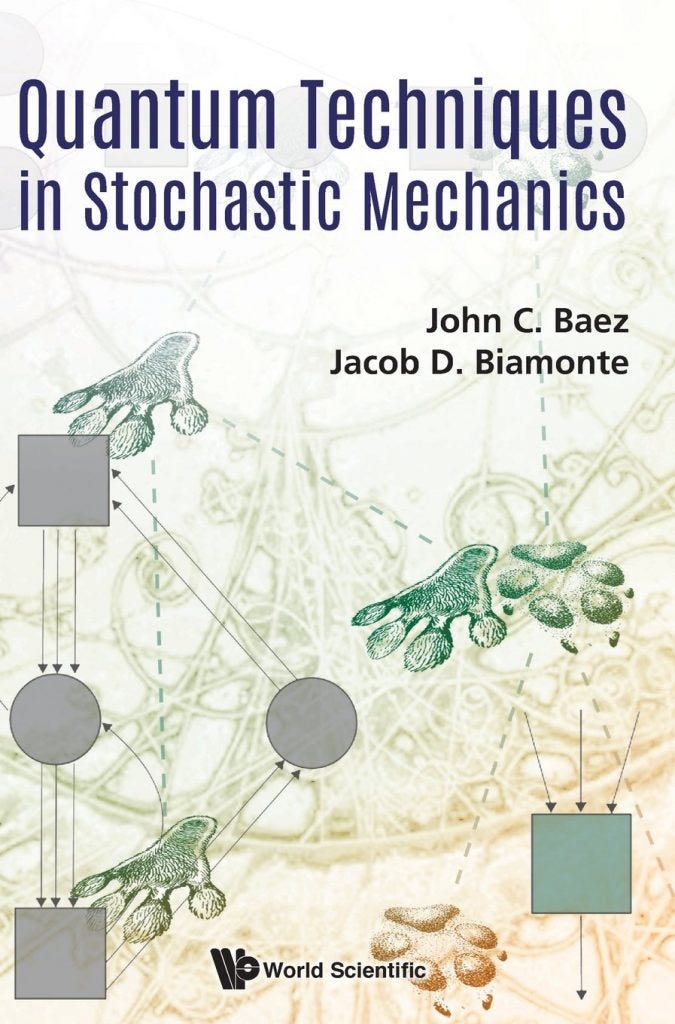
Whether or not Biamonte’s leadership can produce a few Nobel-winning scientists in the future to make Skoltech and Russia proud, will have to wait a decade or two. One thing is for sure, though: his team of hungry research scientists and their international colleagues, bent on solving some of the most intractable problems in quantum information science today, with Biamonte and the wider faculty members’ help at Skoltech, can produce the goods.
‘I want to convince you that you can approximate the future… and to so that, for those of you who don’t know, in quantum physics, there’s a long history of cats being involved and the cats are always threatened but never harmed. […].’
— Jacob D. Biamonte, TedX keynote speech, Torino 2013

